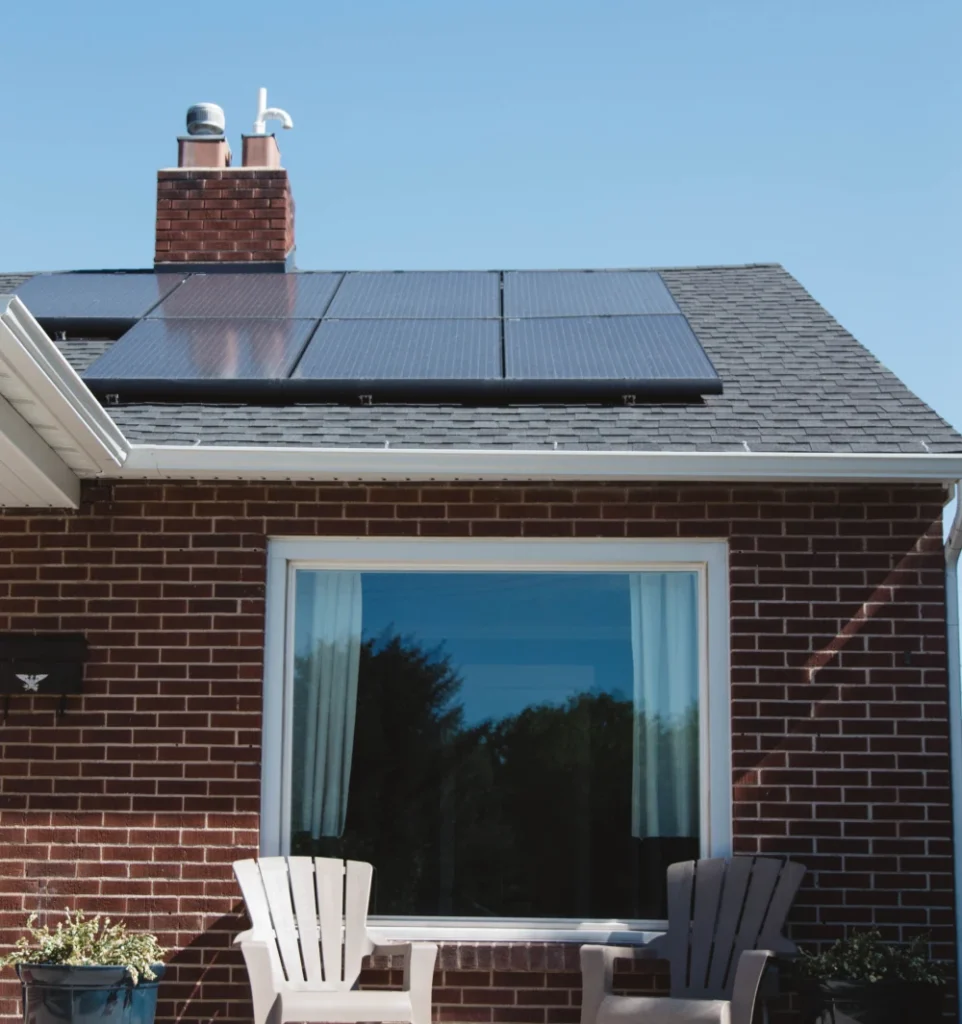Is Solar Energy Renewable?
3 minute readIs solar power a renewable energy source? Yes, solar energy is considered a renewable energy source because it has an
Home > Learning Center > Sustainability > What is Net Metering?
4 minute read • Last update July 2025

This article is for educational purposes only. BKV Energy does not offer solar buyback plans or plans specific to homeowners or renters with solar panels.
Net metering is a system that allows residential electricity customers who generate their own electricity (usually through solar panels) to send the surplus electricity they do not use back to the grid. In return, they receive credits on their utility bills.
For Texans with solar panels connected to their homes, net metering is a great way to significantly reduce your electric bills.
The net metering process involves the homeowner generating their own electricity (typically from solar panels). Any excess energy they don’t use is sent back into the grid, earning them credits. Here’s a breakdown of how net metering works.
Suppose you install solar panels on your home. These panels generate electricity based on sunlight, powering your home appliances, lights, and devices.
In some cases, your solar panels may generate more power than you need. The excess electricity that you don’t use flows back to the utility grid. This is tracked by a bi-directional electric meter, which records the amount of electricity you send to the grid and the amount you pull from the grid.
For the power you send back to the grid, your electricity company gives you credits on your electricity bill. These credits usually equal the rate you pay for each kilowatt-hour you consume from the grid, although rates can vary by region and utility policies.
This is where net metering differs slightly from solar buyback plans. Solar buyback programs also allow customers to sell excess electricity back to the grid, but instead of earning a credit at the retail rate, customers are often paid at a lower rate for their energy.
When your solar panels aren’t producing enough electricity (like at night or on cloudy days), you use power from the grid. The credits you accumulated can offset the cost of this power.
At the end of the billing period, your utility calculates how much energy you used from the grid versus how much you sent back. If you sent back more than you used, you might see a reduced bill or even a carry-over credit to the next billing cycle, depending on your utility’s policies.
Net metering and solar buyback are similar programs, but they are not exactly the same. Both involve selling excess electricity generated by solar panels back to the grid, but they operate differently in terms of how customers are credited and compensated.
Graham Lumley, Digital Marketing Manager at BKV Energy, leads digital and traditional marketing strategies, focusing on educating Texans about the state's deregulated energy market. With over 8 years of marketing experience, he creates content to help consumers understand and save on their energy bills, bringing a fresh and dynamic approach to the industry.

Is solar power a renewable energy source? Yes, solar energy is considered a renewable energy source because it has an

Texas is now making notable advances in solar energy, now the state with second most solar installations after California. This
Get $50 off your electric bill!
Use code BKVEJOINUS50
Enter your zip code to shop BKV Energy's affordable, fixed-rate Texas electricity plans. Use the promo code for $50 off your electric bill.